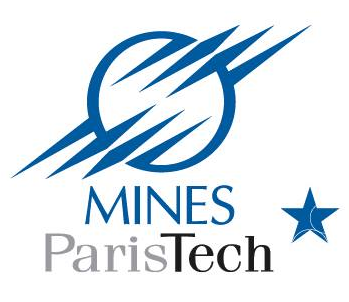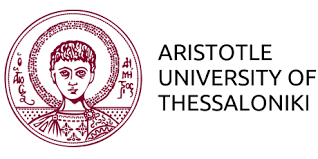Organizing Institutions
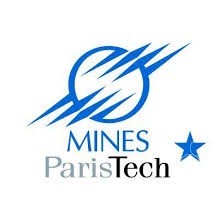
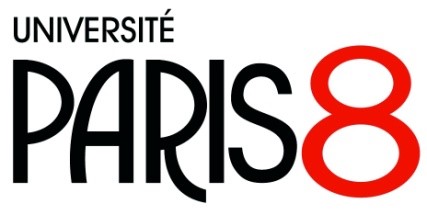
Since its creation as an experimental center in Vincennes, in 1968, and its establishment in Saint-Denis in 1980, the University of Paris 8 is now an education and research center, in Île-de-France, in the field of humanities. In Arts, Social Sciences and Humanities, specifically University Paris 8 has always had the main objective, to deliver students a better understanding of the contemporary world while providing them the necessary tools for the professional world. The innovative nature of the research has found its origins in subjects that have reduced presence in French Universities, such as psychoanalysis, geopolitics, film, visual arts, gender, etc.
INREV team was founded around the pioneers of art and computing in the young France Vincennes University. In 1970, this team invented the "incongruous" approach. Between theory and practice, artistic and scientific experiments, the team focuses its research around new experiences and perspectives that are made possible by the emergence of specific devices dedicated to digital arts and interactive virtual scenes as well as new topics from different scientific fields, cultural and social-economic. The work of the team result of the development and renewal of artistic and technical research undertaken for twenty-seven years centered on the topics of 3D animation, the synthesis of actor and interactivity, they are continuing with the research on the relationship between art and virtual and augmented reality and video games, "the intelligent and sensitive interaction with virtual actors", and on artificial life, in a perspective of artistic creation.
INReV research activities proceeds mainly into two directions for an equal part: Fundamental & Research and development. INReV has participated in various research projects.

The Multimedia Technology and Computer Graphics Laboratory (MTCG) was founded in 1995 in the Department of Applied Informatics of the University of Macedonia (UOM) and supports teaching and research in various information technology fields. The main research goals of the laboratory are the design, development and evaluation of multimedia systems and services, the semantic analysis and management of multimedia information. An e-learning platform called ASEA (Asynchronous and Synchronous distance lEArning) has been developed to support teaching in the laboratory. Other scientific areas of interest include machine learning algorithms, computer vision for gesture recognition in the domains of learning and music interaction. Specifically, a methodology based on gesture recognition has been also developed and is applied in the gesture control of sound and the safeguarding and transmission of the intangible cultural heritage (performing arts, craftsmanship etc.).
Currently, the laboratory targets at many research fields such as: Machine learning and multimodal interactions for contemporary music and the control of mechatronic systems, Sensorimotor feedback for sensorimotor learning of gestural skills, E-learning and Learning Management Systems, Graphics and Virtual reality, Multimedia systems and multimedia communication. MTCG has participated in various European and national projects.
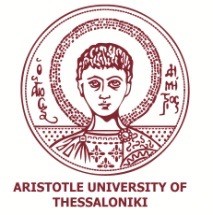
The Aristotle University of Thessaloniki (AUTH) is the largest university in Greece, founded in 1925 and comprising of 12 Faculties and 42 Schools, today. The university has an enrollment of 81.500 students, 72.140 of which participate in undergraduate programs and 8.360 in postgraduate programs, covering multidisciplinary scientific fields. The teaching and research staff numbers more than 2,700 people. The main University Campus is located close to the centre of Thessaloniki (Greece) and covers more than 23 hectares.
Signal Processing and Biomedical Technology Unit (SPBTU) serves educational and research needs of the Telecommunications Laboratory of the Department of Electrical and Computer Engineering(E&CE) and its main scientific areas of interest include the acquisition, processing, and pattern analysis of sensorial, biomedical, and interaction data, including motion data. Over the years, the unit has conducted and published extensive research - more than 260 papers in scientific journals/books and conference proceedings - on the development of advanced signal/image processing and pattern analysis techniques with applications in the fields of human machine interaction, m-health, e-learning processes and music composition. The unit has attracted funds from state and private bodies for more than 40 small to large scale projects. Currently, the SPBTU contributes to two national and four European research projects.








